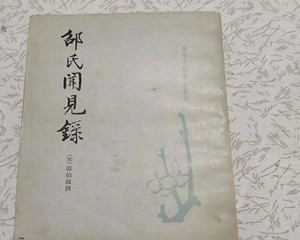古代寓言原是民间口头创作,文学体裁的一种。含有讽喻或明显教训意义的故事。它的结构简短。主人公可以是人,可以是动物,也可以是无生物。多借用比喻手法,使富有教训意义的主题或深刻的道理在简单的故事中体现,而还需要自己去理解,思考,这就是和西方寓言的不同之处。

《古代寓言·另开一个大池子》
王荆公好言利,有小人诏曰:“决梁山泊八百里水以为田,其利大矣。”
荆公喜甚,徐曰:“决水何地可容?”
刘贡父曰:“自其旁别凿八百里泊,则可容矣。”
荆公笑而止。
——《邵氏见闻录》
A New Lake for an Old
Wang Anshi, prime minister of the Song Dynasty, was fond of public utility projects. A man who wanted to get into his good graces offered a proposition. "Drain Liangshanbo Lake, and you will have eight hundred square li of fertile land," said the man.
Wang Anshi was elated, then he asked, "Where shall the water go?"
"Dig another lake of the same size beside it and the question is solved," said Liu Kongfu.
Wang Anshi laughed and called the matter off.
The Records of Shao
(杨宪益、戴乃迭 译)
更多精品翻译素材,敬请关注可可英语。











